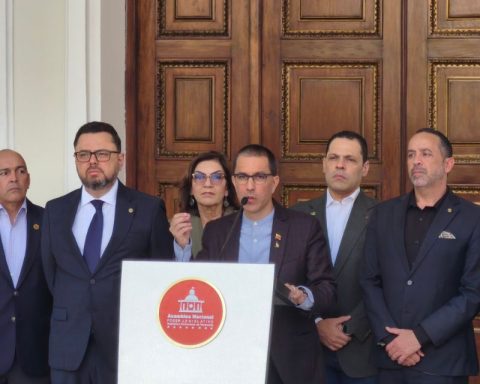Gabriel Yorio became the Undersecretary of the Treasury in August 2019, taking the place of Arturo Herrera, who was appointed Secretary of the Treasury after the resignation of Carlos Urzúa.
Yorio’s functions include programming, organizing, directing and evaluating the activities of the economic planning units of public finance, public credit, development banking, banking, securities and savings, insurance, pensions and social security and international finance affairs. , points out the page of the federal agency.
The General Organization Manual of the Ministry of Finance explains that the objective of the undersecretary is to propose, direct and control the economic policy of the Federal Government in financial, fiscal, credit, banking, foreign exchange, prices, tariffs for goods and services of the public sector and public debt, creating the right conditions to increase the productivity and potential growth of the economy and keeping the deficit in the country’s external accounts at moderate and healthy levels that can be financed with long-term resources.
The undersecretary can sign, on behalf of the SHCP, legal instruments related to the exercise of his function, submit to the secretary the preliminary drafts of initiatives of laws or decrees and regulations, agreements and orders of the president of the Republic in competent matters to the units under his responsibility.
From 2007 to 2011, Yorio González was manager of financial credit counseling at Banco Nacional de Obras y Servicios Públicos and from 2011 to 2013 he was deputy director of technical and financial assistance.
In the government of Mexico City (CDMX), he served as deputy director of financial operations from 2001 to 2002, later, from 2002 to 2004 he was in charge of the Funds, Operations and Securities Custody Directorate and, finally, from 2004 to 2007 he was director of public debt of the Ministry of Finance.
In the international arena, Yorio was a specialist in the public sector at the World Bank, where he participated in more than 20 projects whose objective was to improve the performance of the public sector in 12 countries from different regions.
















